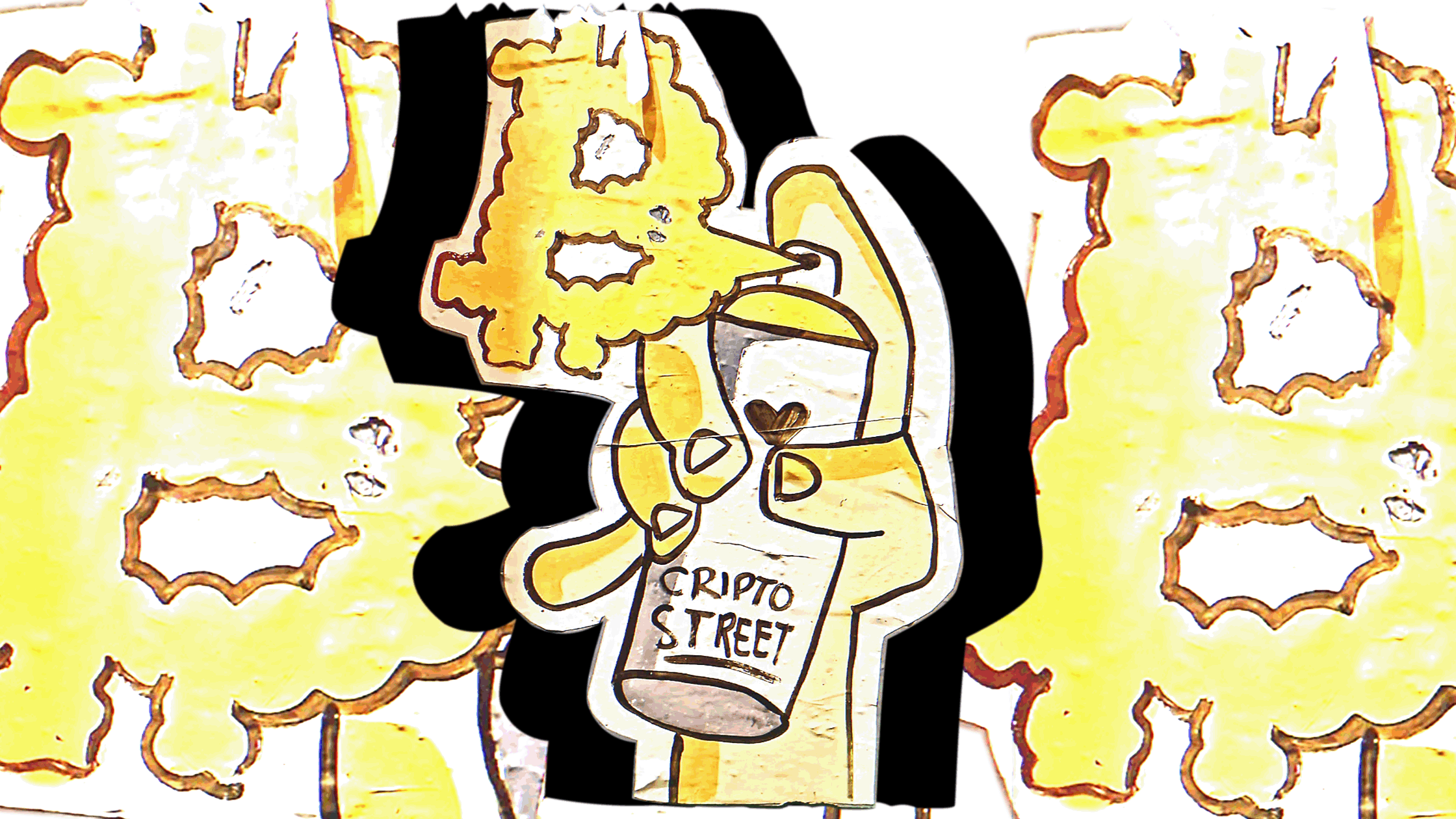There is a vaquero billionaire cowboy on the loose, chief. On October 29, 2024, Marcelo Ebrard, Mexico’s Secretariat of Economy posted the following explosive tweet:
“I inform you all about the arbitrage started in June 2023 by Cyrus and Contrarian against Mexico. We’ll go ahead.” The post linked to a government summary detailing a legal clash where two American investment companies, Cyrus and Contrarian, are pursuing Mexico for a hefty payout related to bond defaults by TV Azteca, a private media empire. This lawsuit, made possible under NAFTA mechanisms, threatens to hand Mexican taxpayers the bill for one billionaire’s maneuvers. At the center is the bad-hombre billionaire himself: Ricardo Salinas Pliego.
Salinas, owner of TV Azteca and Grupo Salinas, has become a notorious figure, admired and criticized for his defiance of tax obligations and for brushing aside accusations from both the Mexican and American governments. While his companies face accusations of withholding hundreds of millions in bond payments, he’s countered by suing the investment giant Bank of America within Mexico, putting the U.S. companies, C&C, in limbo. This Wild West-style standoff underscores Mexico’s increasingly tangled tax policies, the power of elite resistance, and the widening fault lines within its governance and judicial systems.
Billionaire vs. President
Under former President Andrés Manuel López Obrador (AMLO), Mexico’s tax authority, SAT, launched an unprecedented crackdown on wealthy tax dodgers. Between 2018 and 2024, the SAT reportedly collected a staggering 3.5 trillion pesos in owed taxes, with big businesses forced to settle long-ignored debts. Yet, Ricardo Salinas became one of the most vocal holdouts. The billionaire, who owes the SAT upwards of 63 billion pesos in taxes dating back to 2008, has used every legal maneuver available to dodge full payment, even as other major corporations were pressured into compliance.
AMLO’s administration publicly revealed Salinas’s tax debt, sparking outrage and legal battles that continue to ripple through Mexico’s courts. Even the Supreme Court has had its say in multiple cases involving Grupo Salinas, often ruling in favor of the tax authority. When AMLO’s government failed to completely resolve the Salinas debt saga, Morena, the ruling party, pushed for sweeping judicial reforms in Congress. These reforms, enacted by Claudia Sheinbaum’s administration, aim to strengthen judicial accountability to voters, potentially reining in elite power.
Yet these reforms reflect a deeper frustration. While AMLO’s presidency had a firm grip on Congress, the lack of strong judicial oversight allowed billionaires like Salinas to operate with relative impunity. Despite a legislative supermajority and political support, the challenge of enforcing laws on powerful elites highlights systemic weaknesses that no single branch of government, even under Sheinbaum, has fully overcome.
Salinas’s Role in the Judicial Insurrection
In recent years, Salinas has leveraged his media empire and public image to stir resentment toward government oversight and judicial authority. Through TV Azteca and his popular Twitter account, Salinas derides government regulations, dismisses his tax debt as “extortion,” and mocks the very notion of legal compliance. His rhetoric has found sympathetic ears among a public often distrustful of government institutions, especially in light of high-profile corruption cases and inefficacious security policies.
Amid this climate, Mexico’s “judicial insurrection” took root. By September 2024, the Mexican Senate passed controversial reforms allowing citizens to elect judges, sparking protests and accusations that the reforms undermine judicial independence. Supporters argue the changes will make Mexico’s courts more accountable to public interests, yet critics warn they consolidate power within Sheinbaum’s administration. This insurrection symbolizes Mexico’s struggle to balance power among its branches, a struggle Salinas has amplified by painting himself as the rogue outsider challenging a corrupt establishment.
As Mexico’s judicial insurrection continues, Sheinbaum’s government faces an uphill battle. Although Morena’s majority may seem all-powerful, Salinas’s defiance exposes gaps in Mexico’s legal enforcement, particularly against the wealthy and well-connected. The billionaire’s narrative of resistance against “overreaching” government authorities mirrors a broader disillusionment with traditional political oversight — a sentiment that fuels Salinas’s outlaw persona and the allure of his rebel status.
Dead-Alive Security
Mexico’s deteriorating security landscape has become an unexpected ally in Salinas’s rhetoric. His claims that he “won’t pay for an insecure nation” resonate amid worsening cartel violence and urban gang warfare. Sheinbaum’s government, even with its congressional might, faces overwhelming challenges as criminal factions ravage entire regions. Following the arrest of cartel leader El Mayo Zambada, the Sinaloa Cartel splintered into warring factions, unleashing deadly violence across the state and spilling into urban areas.
Mexico City, once considered a bastion of stability, is now the scene of brutal conflicts between gangs like Unión Tepito and Anti-Unión. These factions, with links to larger cartels, fight ruthlessly for control of neighborhoods, using increasingly younger sicarios and brazen tactics. The state’s limited capacity to restore order in the face of such violence underscores the sense of chaos and impunity in which Salinas’s rebellious stance thrives. To many, his refusal to pay taxes for a country that cannot guarantee security seems less about greed and more about survival.
In the current climate, Salinas’s gambit exemplifies the power dynamics at play within Mexico’s political and economic systems. His narrative positions him not as an aloof billionaire but as a cowboy in a wild-west landscape, where the government’s ability to assert control over elites and enforce security remains in doubt. Even as Sheinbaum’s presidency reshapes the judiciary and enacts reforms, the billionaire’s cavalier defiance highlights the limitations of political authority in Mexico’s fractious socio-political environment.
The billionaire’s showdown with the state may yet have profound consequences, not only for Mexico’s tax policy and judicial independence but for its place on the international stage. As Mexico navigates an era of deep internal divisions, Ricardo Salinas’s ongoing saga serves as a potent reminder of the challenges in balancing the scales of justice against the weight of power and wealth.









